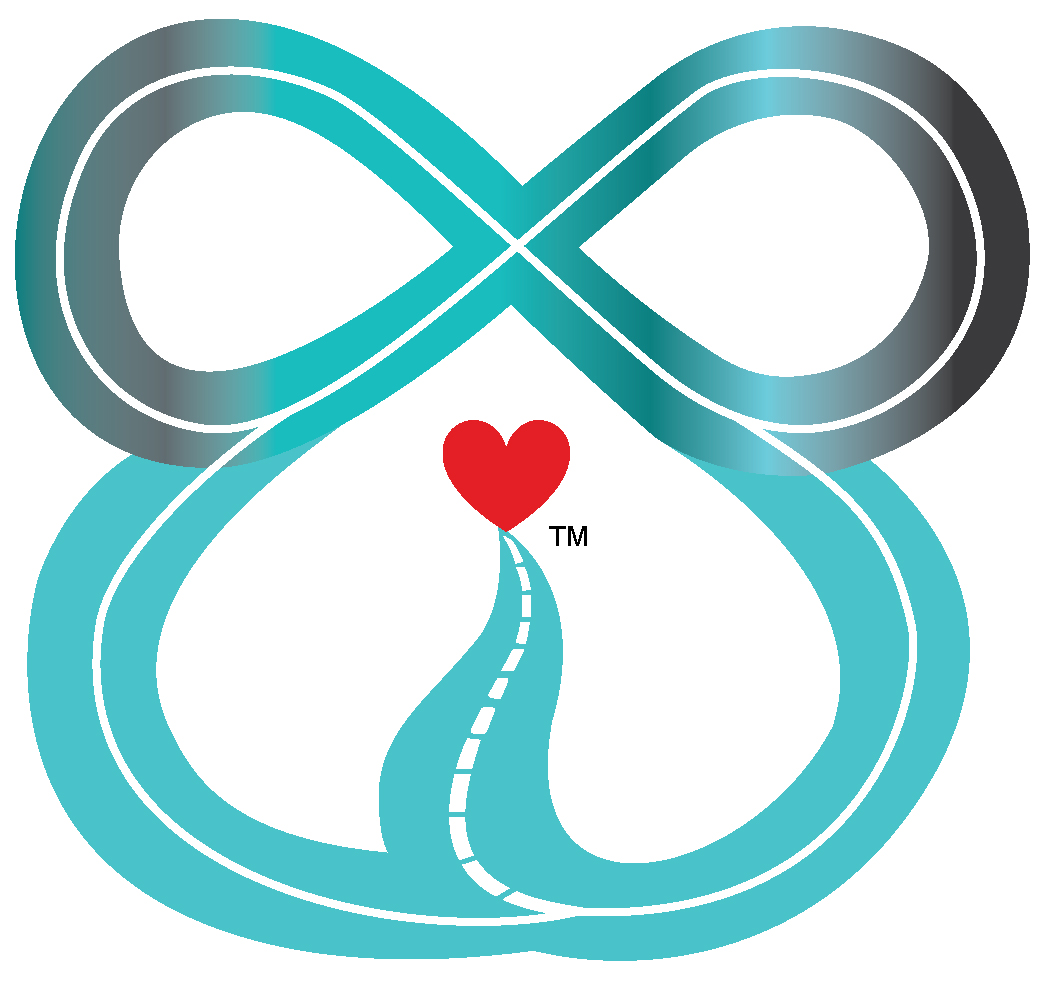For many people, seasonal changes bring excitement. But for those living with chronic illness, and for the caregivers walking alongside them, seasonal changes often bring more than just new weather and traditions. They can stir up challenges that others may not see or understand.
The Physical Layer of Change
For someone living with illness, seasonal shifts can amplify symptoms. Cold weather may increase pain. Humidity may drain energy. Fluctuations in light can disrupt sleep and mood. These changes are not inconveniences. They can feel like barriers that make even the simplest tasks more difficult.
Caregivers experience these challenges too, though in a different way. Watching a loved one’s health respond to seasonal changes can be emotionally heavy. It may require adjusting daily routines, rethinking social plans, or stepping in with extra support. The shift of seasons may bring not only a change in the environment but also an increase in responsibilities and emotional load.
The Emotional Layer of Change
Seasonal transitions also carry an emotional weight. For those living with illness, there may be grief over the traditions or activities that no longer feel possible. Outdoor activities, holiday parties or outings can turn into reminders of what has been lost.
Caregivers may grieve as well. They may miss the version of life they once shared with their loved one. They may feel isolated as routines revolve around appointments, rest, or careful planning that leaves little room for spontaneity. The loss is not always spoken out loud, but it lingers in the background of each season.
The Anticipation of What May Come
There is also anticipatory grief. Shorter days may bring concern about low moods or fatigue. Holiday gatherings may create worry about overstimulation, accessibility, or the energy required. Caregivers may wonder how much support their loved one will need, while those living with illness may wonder how much they can truly participate. The uncertainty can be just as exhausting as the reality.
Creating Space for Compassion and Adaptation
Acknowledging these challenges does not mean surrendering joy. In fact, it is the first step toward making space for it. Naming the grief, the worry, and the physical limitations allows you to meet them with compassion instead of frustration.
For those with chronic illness, adaptation may mean creating new rituals or finding smaller ways to celebrate each season. For caregivers, it may mean setting boundaries, asking for help, or honoring their own need for rest alongside their loved one’s needs. These choices are not signs of weakness. They are acts of resilience and love.
Why It Matters to Recognize the Struggle
Seasonal changes can feel harder for those living with illness and for caregivers because they reveal how deeply intertwined health and life rhythms really are. Yet within this truth is also a reminder: even when life shifts in ways you did not choose, you can still create meaning and cultivate connection.
Your worth is not measured by how much you can do each season. It is measured by the courage it takes to adapt, the compassion you offer yourself and others, and the authenticity with which you continue to live.If this season feels heavy for you, whether you are living with illness or caring for someone who is, know that you are not alone. You are carrying a story of resilience that deserves to be seen, honored, and supported.
If this resonates with you, I invite you to download our free reflection journal, Holiday Reflection Journal for Caregivers.
And our free planning worksheet, My Caregiver Holiday Well-Being Plan.
And if you’re looking for ongoing support, watch Episode #13, Honoring Grief and Finding Light as a Caregiver During the Holidays, of the Navigating Chronic Illness with Heart and Hope™ video series of Grief.TV where I explore the grief that often accompanies a diagnosis and how to approach your new reality with self-compassion and hope.
With Heart and Hope,
Valerie
